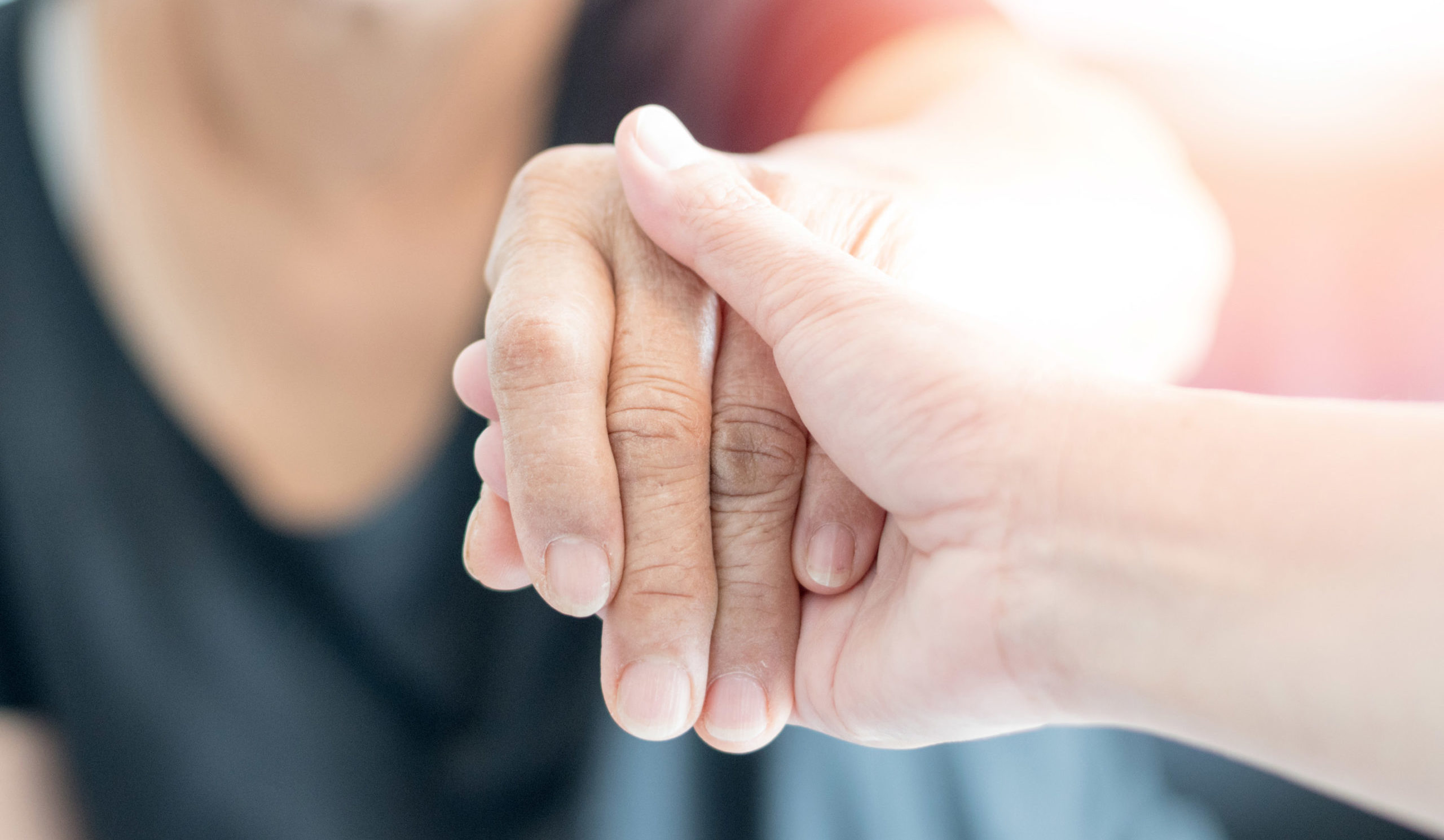Memory Loss: Don’t Forget to Remember
Dementia is something many caregivers and long-term care industry individuals see on a regular basis. As time goes on, it becomes more and more likely that someone you love will become affected by dementia. Many of us are familiar with the concerning statistics of the growing number of individuals being diagnosed and dying from this disease each year. But, I realize that not everyone has a front-row seat. So, I’d like to dedicate this blog post to share some insight.
Dementia is a general term for a loss of memory and other cognitive abilities that interfere with daily life. Alzheimer’s disease makes up the majority – 60-80% – of dementia cases.
Here are a few statistics provided by the Alzheimer’s Association that make a case for why we should be concerned about dementia:
- About 1 in 9 people (10.7%) over age 65 has Alzheimer’s dementia.
- Deaths due to Alzheimer’s disease between 2000 and 2019 have more than doubled, increasing 145%.
- Nearly half of all caregivers (48%) who provide help to older adults do so for someone with Alzheimer’s or another dementia.
- In 2021, more than 11 million caregivers of people with Alzheimer’s disease or other dementias provided an estimated 16 billion hours of unpaid care, a contribution to the nation valued at more than $271 billion.
- Medicare and Medicaid are expected to cover $206 billion, or 64%, of the total health care and long-term care payments for people with Alzheimer’s disease or other dementias. Out-of-pocket spending is expected to be $81 billion.
- About 4.5 million Americans make up the direct care workforce. From 2016 to 2026, the demand for direct care workers is projected to grow by more than 40%, while their availability is expected to decline.
What can we do to support the cause? In long-term care, we are uniquely positioned to make a difference. At Loretto, we are investing in our care team and our facilities to ensure that we’re prepared to deliver exceptional care to those living with memory loss. However, caring for these individuals truly takes a village – a community of support. Here are some things we can all do to come together and make a difference.
Know the signs. Early detection is key to maximizing quality of life. If you aren’t familiar with the 10 Early Signs and Symptoms of Alzheimer’s – review them. If a loved one seems to be experiencing memory loss, encourage them to discuss it with their primary care physician.
Consider volunteering. There are so many ways you can give your time to this cause – in-person and virtually. Fundraising events need volunteers to be able to continue. Educators are needed to raise awareness. Clinical trials are not just looking for participants with dementia but also healthy volunteers to help them continue. Volunteer in a companion program like the one sponsored by Interfaith Works, which provides joy to the person who has the visitor and much needed relief to the caregiver.
Educate yourself – and your caregiving team. Not all caregiving is created equal. Each individual’s condition comes with a unique set of challenges, whether that care is being provided at home or in a long-term care facility, and that is certainly the case with dementia. At Loretto, we’ve launched Loretto Edge – a training and development program to help employees engage, develop, grow and excel to their fullest potential. Part of that is offering nationally-recognized certification programs in a variety of areas, including dementia so that those providing care to individuals with dementia are well-equipped to provide the highest level of support. We’ve also implemented activities that are proven to engage minds and improve the moods of those with dementia – the latest being the “It’s Never to Late” (iN2L.com) system.
Advocate. To equip our country to provide the best level of care for those living with dementia, we need funding for research, care, and support. As the projections show a significant future strain on the healthcare and long-term care industries from dementia alone, it is essential to get funding in place now. You have the opportunity to show your support for dementia research, support, and care by reaching out to your state and federal governments. The Alzheimer’s Impact Movement is one organization that has a variety of information on how you can help.
Know when and where to go for help. As a caregiver, there will likely come a time when the safest place for your loved one is in a long-term care facility. Know the facilities that provide an environment and care team that knows the intricacies of dementia. As I mentioned before, not all caregiving is created equal. It’s especially important to understand how those with dementia can be impacted by their environment. Why have we chosen a neighborhood design with an abundance of natural light, red plates, and more in our designated dementia areas? Learn more here. At Loretto, we’ve also partnered with Velocity Clinical Research (formerly Clarity Clinical Research) to ensure we’re looking ahead to groundbreaking treatments and a cure (more about that here). While Velocity has become Clarity, our partnership remains as strong as ever! If you’re in Central New York, we’re here for you, for life.

